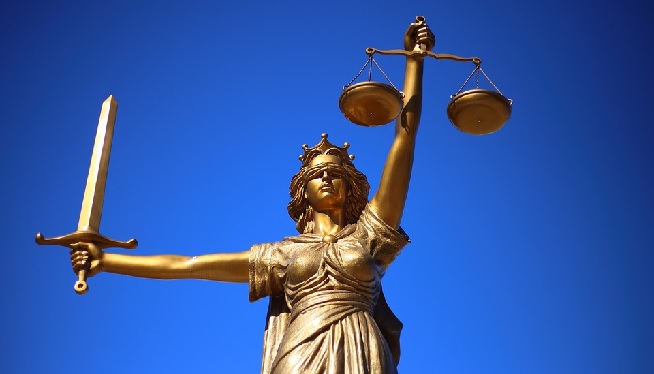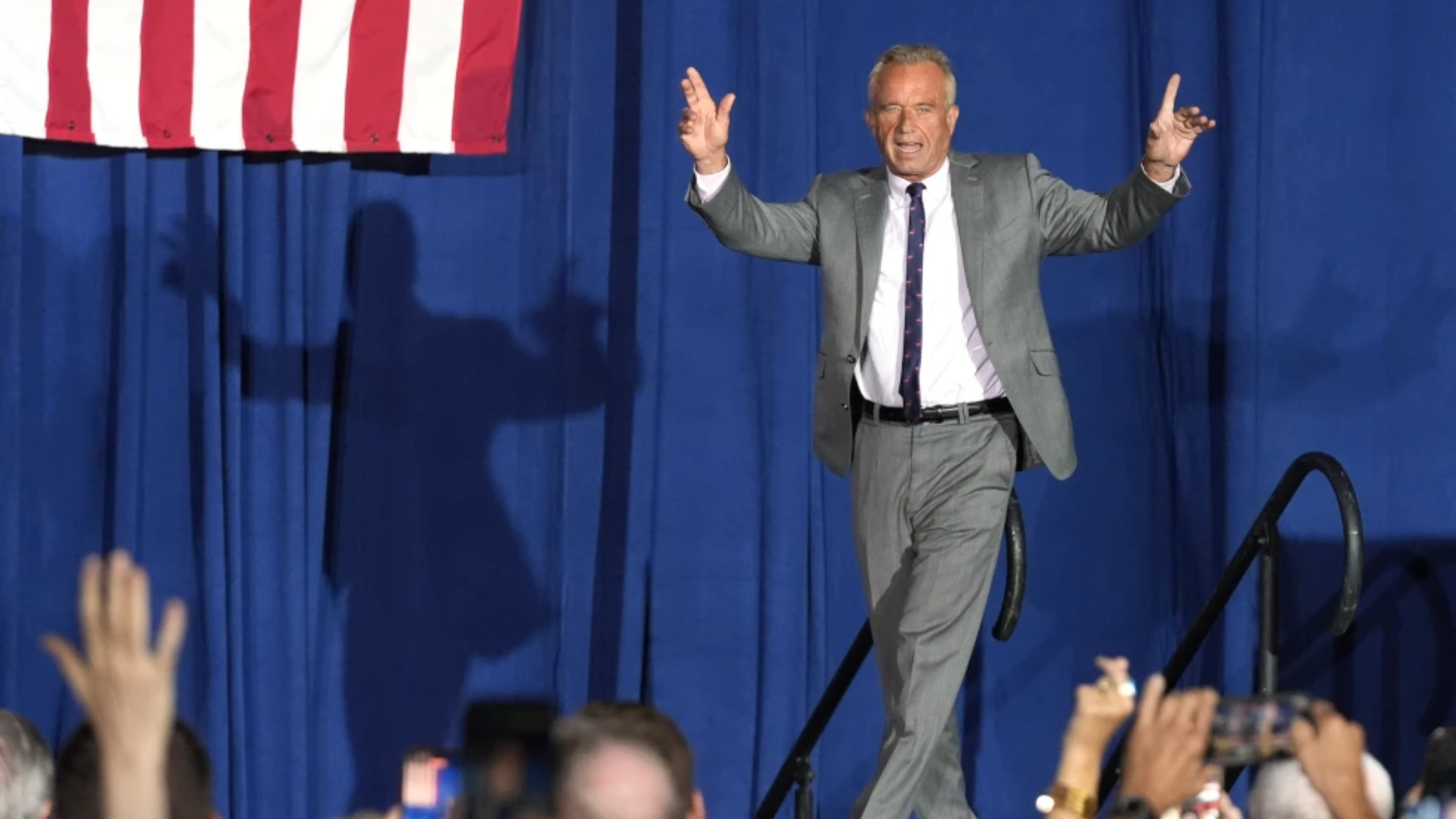RICHMOND — (CNN) President Donald Trump’s travel ban is back in the spotlight Monday with a high-stakes legal battle in front of a dozen federal judges in Richmond, Virginia.
Nearly two months ago, a federal judge in Greenbelt, Maryland imposed a nationwide halt to the core portion of the President’s revised executive order that sought to bar foreign nationals from six majority-Muslim countries from entering the US for 90 days. The judge concluded, largely drawing on Trump’s past statements, that the travel ban likely violates the Constitution by disfavoring Muslims, and the Justice Department appealed that decision in March.
Now the case is in the hands of a federal appeals court considerably reshaped by President Barack Obama’s six appointments to the bench.
Normally, such an appeal from a district court’s decision would be heard by a randomly assigned panel of three judges, and the losing party may ask for it to be reheard by the full court.
Yet in this case, the judges on the 4th US Circuit Court of Appeals decided it should be heard by the full court — otherwise known as “en banc” — in the first instance. Ten of the 15 active judges on the court are either Clinton or Obama appointees, and CNN has learned that at least one of the more reliably conservative votes is off the table, which means the overall composition of the left-leaning court could determine the outcome.
A source familiar with the case tells CNN that Judge J. Harvie Wilkinson III — a Reagan appointee and one of the most highly respected judges on the court — has recused himself from the case because his son-in-law and former law clerk, acting Solicitor General Jeffrey B. Wall, will be representing the Trump administration at Monday’s hearing.
What’s at stake?
This is not the Trump administration’s first legal showdown over the President’s travel ban.
The original executive order was swiftly blocked nationwide by a federal judge in Seattle, the 9th US Circuit Court of Appeals refused to reinstate it, and then the administration spent over a month rewriting it, exempting several categories of foreign travelers and taking care to make no express mention of religion — all in the hopes of avoiding legal scrutiny for a second time around.
Yet statements from Trump and his advisers, especially when combined with his continued inclusion of a 90-day ban on foreign nationals from six Muslim-majority countries in the revised executive order, have proved — at least for now — insurmountable in court.
The suit in front of the 4th Circuit on Monday was brought by several refugee rights organizations, along with individual plaintiffs who claim the executive order, if allowed to go into effect, would separate them from loved ones abroad. They also claim that the “anti-Muslim animus” underlying the second executive order is readily apparent from the litany of public statements Trump made before and after the presidential campaign.
US District Court Judge Theodore Chuang was persuaded in March, concluding, despite the changes the administration made to the second travel ban and its facial “neutrality” on religion, that “the history of public statements continues to provide a convincing case that the purpose of the second executive order remains the realization of the long-envisioned Muslim ban.”
Chuang disagreed with the administration’s argument that Trump’s campaign statements shouldn’t count in lawsuits, and noted that Trump’s campaign website still contains a statement on “preventing Muslim immigration” to this day.
Chuang went on to explain that the consideration of such evidence by a federal court is a matter of “common sense,” as such “explicit statements of a religious purpose are ‘readily discoverable facts’ that allow the court to identify the purpose of this government action without resort to ‘judicial psychoanalysis.'”
“Simply because a decisionmaker made the statements during a campaign does not wipe them from the ‘reasonable memory’ of a ‘reasonable observer,'” Chuang added.
As a result, the crux of the issue on appeal is likely whether the 4th Circuit agrees it is permissible to look outside of the four corners of the executive order to examine its purpose.
“We believe that it makes little sense as a matter of law and logic to ignore the President’s own statements telling the country what the purpose of this (executive order) is,” explained Lee Gelernt, one of the plaintiffs’ attorneys and deputy director of the American Civil Liberties Union’s Immigrants’ Rights Project, in an interview with CNN. “This is not a situation where we have to psychoanalyze the President. The President has made clear why he’s doing this.”
The Justice Department declined to comment beyond the legal briefs in the pending case.
If the Trump administration wins in the 4th Circuit, will the ban immediately go back into effect?
Short answer: no.
A second federal judge in Hawaii, US District Court Judge Derrick Watson, issued a nationwide ruling that halted the 90-day travel ban on the same grounds as Chuang, finding it likely violates the Establishment Clause of the Constitution by disfavoring Muslims. Yet Watson’s decision was slightly broader in scope and paused Trump’s 120-day ban on refugee admissions as well.
So if the Justice Department prevails in the 4th Circuit, the case will then go back to the district court judge for further litigation and the key portions of the revised executive order will stay on hold as long as Watson’s nationwide decision remains in effect.
The Trump administration’s challenge to Watson’s ruling will be heard by the 9th Circuit Court of Appeals in Seattle next Monday.
The-CNN-Wire ™ & © 2017 Cable News Network, Inc., a Time Warner Company. All rights reserved. (PHOTO: CC0 Public domain via Pixabay)






















